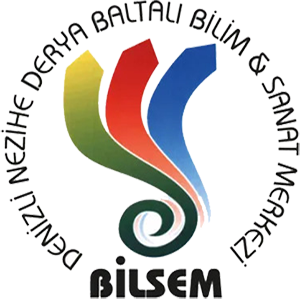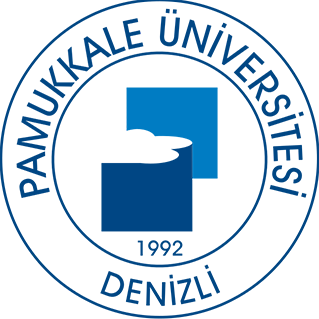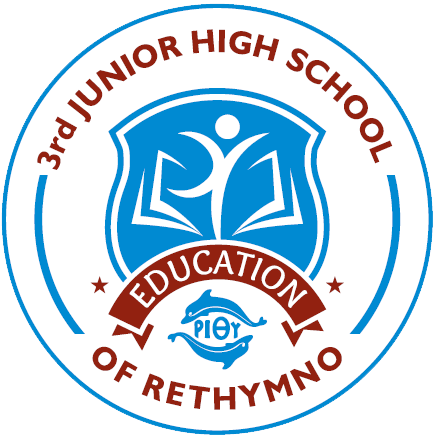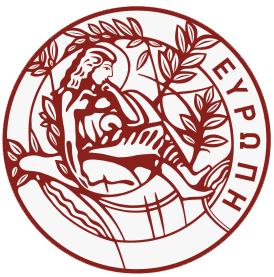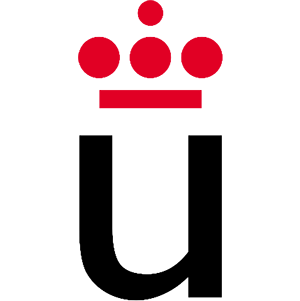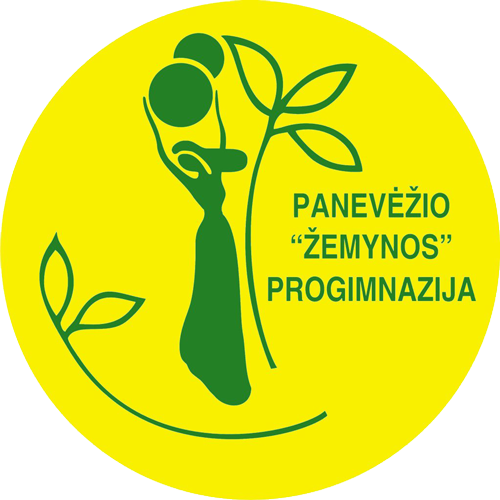
"INNOVATIVE SCHOOLS: TEACHING & LEARNING IN DIGITAL STEM LABS"
2020-1-TR01-KA226-SCH-097611

On the basis of the Curriculum Framework "DIGITAL STEM LABS" as well as the Methodology Guide, the piloting of the Curriculum Framework "DIGITAL STEM LABS" was carried out by means of a Blended mobility of school learners from 3 partner schools, i.e. peer-learning of 18 secondary school students from 3 partner schools (6 per each school) & peerteaching
of teachers from students from 3 partner schools who will accompany secondary school students.
The short term exchange of secondary school students, i.e. combination of peer-learning & peer-teaching mobility was held between 25-29 September 2023 in Panevėžys, Lithuania and was coordinated by
Panevėžio Žemynos progimnazija, Panevėžys, Lithuania. The duration of the mobility was 5 days.
The short–term exchange was organised and implemented in the following manner:
a) Each secondary school partner (Panevėžio Žemynos progimnazija; Nezihe Derya Baltali Bilim ve Sanat Merkezi; 3rd Junior High School of Rethymno) selects 6 secondary school students per each of 3 schools.
b) On the basis of the exemplary written description, joint preparation of all aspects of the Blended learning is launched. At the organizational level, such collaborative model insists on teachers from 3 schools working together in all phases: the lessons/methodological planning, materials’ production and (when possible) design of relevant assessment tools.
c) Prior to the mobility, teachers and secondary school students from host institution- Panevėžio Žemynos progimnazija identifies co-teaching professional learning materials and streamlined workshops. Teachers from Panevėžio Žemynos progimnazija design tailor-made lectures on the issues related to the investigation of STEM in an integrated and inquiry focused way so that students understand science and mathematics in a real world context. Lectures present a concentrated version of related subjects in context of STEM education.
They provide students with introductory and basic information of the subject as well as an overview of the context. Learning continues in the school environment as well as in the local community and secondary school students from Panevėžio Žemynos progimnazija, where they carry out preliminary problem-based learning.
d) On the basis of the agreed case-study structure/template, secondary school students and teachers from Panevėžio Žemynos progimnazija prepare a case-study in which they present the results of the preliminary problem-based learning. The information in the case study includes:
• relevant background materials on the selected subjects,
• explanation of why the selected material is important at the local/national/European level followed by a brief description of the inquary-based learning approach.
e) The case study is translated into the English language. Teachers and selected secondary school students from Nezihe Derya Baltali Bilim ve Sanat Merkezi; 3rd Junior High School of Rethymno receive case study as a preparatory material and examine/analyse its content in on-line environments/by means of the web-platform (Open Educational Resource) "DIGITAL STEM LABS" created by the project.
f) During the exchange/mobility in Panevėžys, joint delivery of the teaching/learning related to selected methodology in STEM education is carried out:
• 6 teachers from 3 different schools jointly deliver introductory lessons related to the case-study to a mixed group of 6 secondary school students per each of 3 schools. The main part of the lessons (learner-centred collaborative activity jointly facilitated by teachers) is delivered in English language to a whole group of students, whereas other teachers act as observers.
• In addition, guest lectures- “master classes” (which serve to deepen knowledge and the inductive opening up of interdisciplinarity from relevant sectors) are delivered by locally-based experts for various aspects of STEM education (local national education officials and policy makers, scientists, STEM professionals, social innovators, academic staff, local community leaders, members of NGOs, experts, etc.).
• Upon the completion of the theoretical inputs, the secondary school students from 3 schools jointly conduct further investigations/research in small groups. Other common short-term exchange activities take place: “Walkshops”; Short study-visits of laboratories at the local/regional level.
• The ongoing feedback of the teachers is embedded into the facilitation process.
• Finally, wrap-up discussions among the teachers are carried out upon the completion the joint tasks of students–time set deliberately aside for more formalised action-reflection of teachers who delivered the lessons and observers on the overall performance and outcomes.






